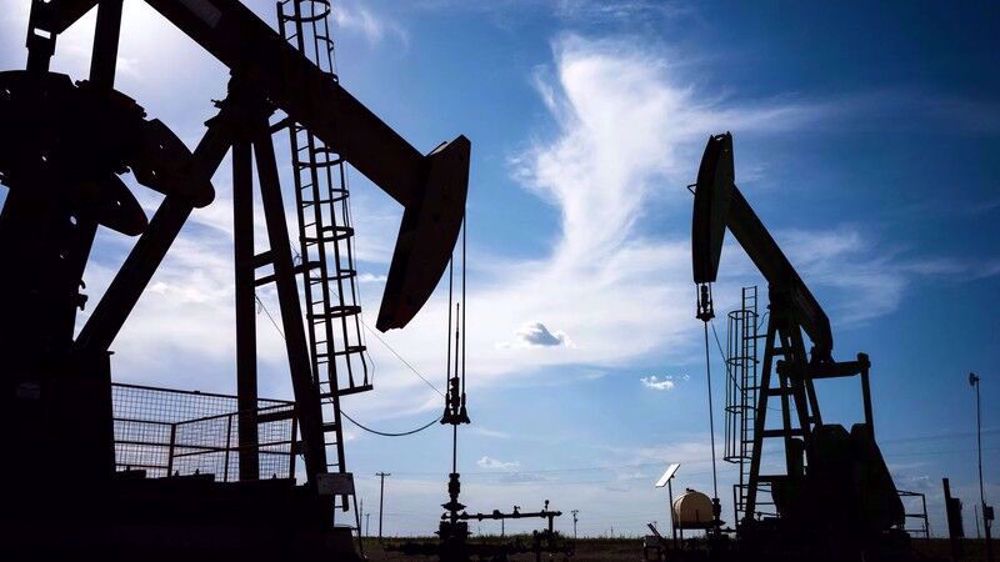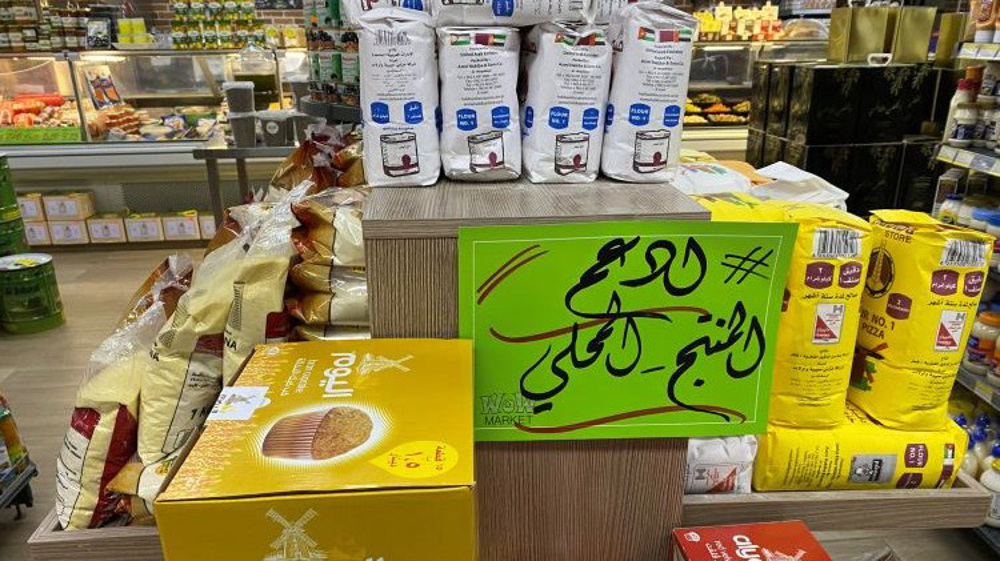Riyadh, Moscow agree to extend oil output cuts
Russia and Saudi Arabia say they have agreed to extend a landmark agreement to cut their oil output until March 2018 – an announcement which is expected to further help stabilize prices in international markets.
Saudi Energy Minister Khalid al-Falih and his Russian counterpart Alexander Novak in a joint statement announced that Riyadh and Moscow would “do whatever it takes” to reduce global inventories to their five-year average.
They also expressed optimism that they would secure support from producers beyond those in the current deal.
"There has been a marked reduction to the inventories, but we're not where we want to be in reaching the five-year average," Falih reporters in Beijing alongside Novak.
"We've come to conclusion that the agreement needs to be extended," Reuters quoted him as saying.
Novak, for his part, was quoted by media as saying that all oil producers remained committed to the agreement, adding that there was a big sense to continue this collaboration.
"The preliminary consultations show that all sides remain committed [to the deal]. I do not see any reasons for any states to quit the deal,” he was quoted as saying by Russia’s Sputnik news agency.
“Each side is currently adhering to the agreement, and I think that unless the goals are reached there is a big sense to continue this collaboration.”
The announcement by the Russian and Saudi ministers came ahead of the next official meeting of the Organization of the Petroleum Exporting Countries (OPEC) on May 25.
Saudi, the de facto leader of OPEC, and Russia, the world's biggest producer, together control a fifth of global supplies, but have been spurred into action as crude futures have languished around $50 per barrel.
Under the current agreement that started on January 1, the OPEC, and other producers including Russia pledged to cut output by almost 1.8 million barrels per day (bpd) during the first half of the year.
While it was broadly expected that OPEC and Russia would agree to extend the cut, the timing and wording of the statement sent crude prices up more than 1.5 percent in Asian trading.
Diplomat discourages recourse to pressure, intimidation, confrontation against Iran
UN: 2024 deadliest year for aid workers amid genocide in Gaza
Gaza health official warns of hospital shutdowns within 48 hours
Israel kills 5 more paramedics in southern Lebanon: Health ministry
Iran to launch ‘new, advanced’ centrifuges in response to IAEA resolution: AEOI
Yemen fires hypersonic missile at Israeli airbase
VIDEO | New Delhi chokes under toxic smog as air quality remains at hazardous levels
VIDEO | Press TV's news headlines










 This makes it easy to access the Press TV website
This makes it easy to access the Press TV website